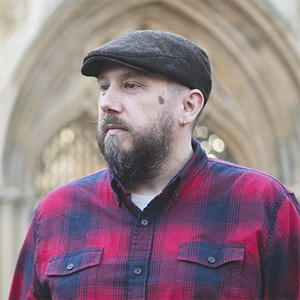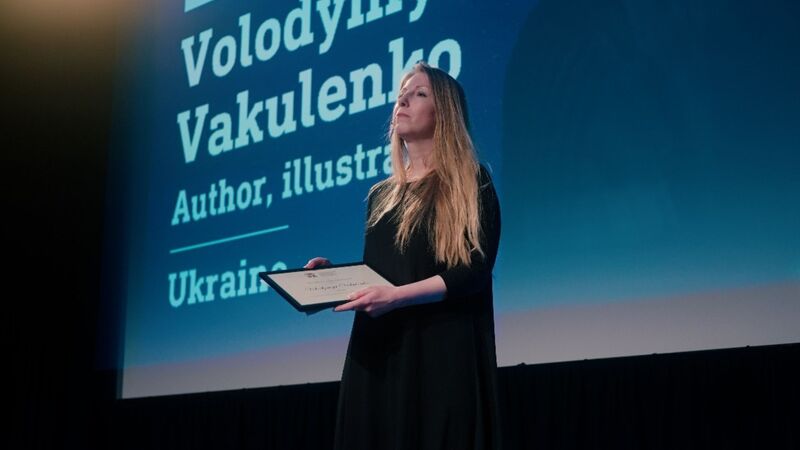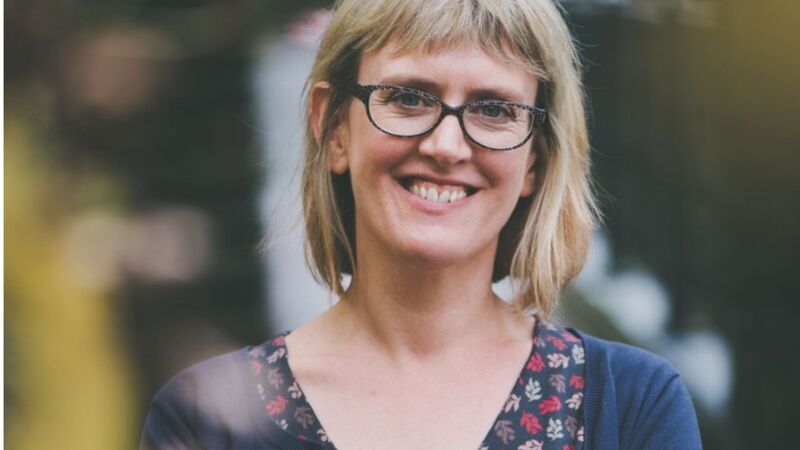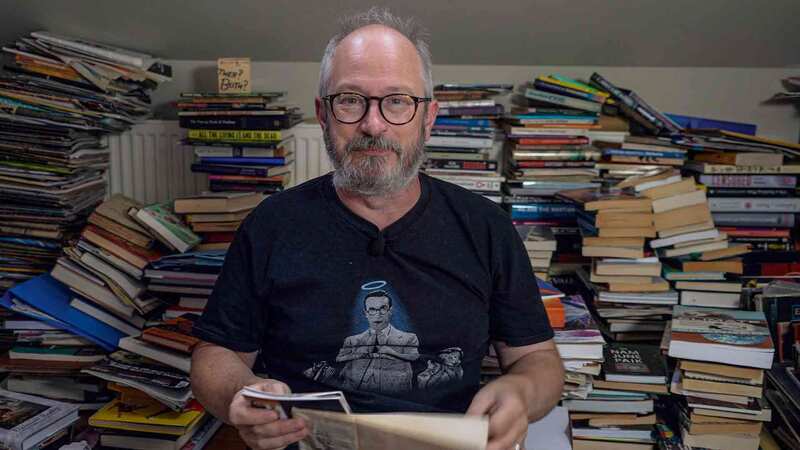You are viewing your 1 free article this month. Login to read more articles.
Let's give celebrity authors a break
We should air our enthusiasm for what we love, not our envy of others’ success.
Picture the scenario. Against all odds, your book has not only been published, optioned by a TV company, and green-lit for production. Now, the icing on the cake, you’ve been asked to have a first crack at the script. What would your answer be?
Or perhaps a less comparable lane switch. Your novel set in the Regency period has just proven a hit, and Radio 4 get in touch to ask you to participate in a documentary about some aspect of the period that ties into your book. Do you say yes?
One question I doubt would be on most novelists’ minds is, what about those poor folk who’ve spent a lifetime forging a career as a screenwriter or historian who are about to be sidelined by my good fortune?
We have, after all, earned our dues, slogging away for years at our keyboards, wading through rejection after rejection, spending countless hours on trains to speak to half a dozen people in the upstairs rooms of pubs in far flung market towns, all to get to where we are now. If that’s all resulted in some new and exciting opportunity, aren’t we within our rights to jump at the chance?
Yet, if there’s one thing we authors hate, it’s people muscling into our territory.
Simon & Schuster’s recent deal to publish Keira Knightley’s debut children’s book was met with scorn, including a scathing article by self-designated "actual author" David Barnett in the Guardian. A recent online poll at the Bookseller’s own FutureBook conference cited "celebrity authors" as the most overvalued thing in the publishing industry. Richard Osman, the bête noire of Real Authors everywhere, is so often decried for his good fortune that it feels as if we won’t be satisfied until he’s paraded naked through the streets of Hay-on-Wye and burnt on a pile of his own royalty cheques.
And I get it. Celeb-penned books are a huge slap in the face to the rest of us. We spend all those years honing our craft, then Miss Hollywood waltzes in, gets a book deal on the strength of her name and it’s front-page news. Actual front page, that is. Not just the literary section.
When I see another gatekeeping article written by a writer laying into people for daring to step into their lane, the one thing it doesn’t do is make me want to read that author’s books.
Yet is this vitriol warranted? What is a "celebrity" after all? The implication is often that this is some talentless face arbitrarily bestowed with the gift of fame. Knightley, however, is an Academy Award- and Olivier Award-nominated actor, working since the age of six. She might have landed a tiny role in "Star Wars" at 14, but she’d already been grifting in commercials and TV films for eight years by that point and was still three years away from her breakthrough role in "Bend It Like Beckham". Osman swanned into publishing after a mere ten years of onscreen work and at least another decade more of behind-the-camera work in TV.
The point is, celebrities may "just walk" into publishing, but many do so off the back of years of hard graft in another industry to become "celebrities" in the first place. Doors have been opened to them but, in many instances, by their own hard work.
Should we blame the publishers, then? Those folk running a business who have an opportunity to make a lot of money, pay their bills, pay their employees, keep their business going and create opportunities for other writers. Should we criticise them for leaning hard into the celeb book business? Should they forego the money and just support the little guys? Or do what’s best for their business? I’d wager that there’s more than the odd bookshop owner as well who, while privately despairing of the celeb book culture, will find a place on the shelves, or more probably its own table out front, for the latest Osman.
The reason celeb books do so well is readers. Publishers pay celebrities to write books because they know if they publish a book with a known commodity’s name on the front, it will sell. Because punters, if they see a book written by someone they’ve heard of, will buy it. If we want to blame anyone for celeb book culture, it’s consumers.
This brings us circle to "actual author" David Barnett’s heartfelt plea to readers to "favour us little guys". Yes, we need to encourage the public to broaden their tastes, to change their buying habits. I’m just not sure that bitter polemics are the way. When I see another gatekeeping article written by a writer laying into people for daring to step into their lane, the one thing it doesn’t do is make me want to read that author’s books. Resentment, unlike sex, doesn’t sell.
I’m not sure what the answer is, but I do have a suggestion. Let’s try positivity. Rather than write steaming bile-filled articles about a celebrity-penned children’s book that we haven’t read but definitely don’t want people to buy, let’s write about the children’s books we do want people to read. Like Jennifer Sprinks’ Furiosaurus the Angry Dinosaur and Mouse in My Mouth!. Let’s write about the fiction that does excite us, like J M Burgoyne’s Writer and Eva Aldea’s Singapore. Let’s write about the authors we want people to be discovering, like Garrick Fincham and Silvano Stagni. Let’s put the names of small publishers whose work we admire into the public eye, like Propolis, And Other Stories and Deixis Press.
Let’s air our enthusiasm, not our envy. Our joyfulness, not our jealousy. We’re creators, not destroyers. Let’s act like it.

















